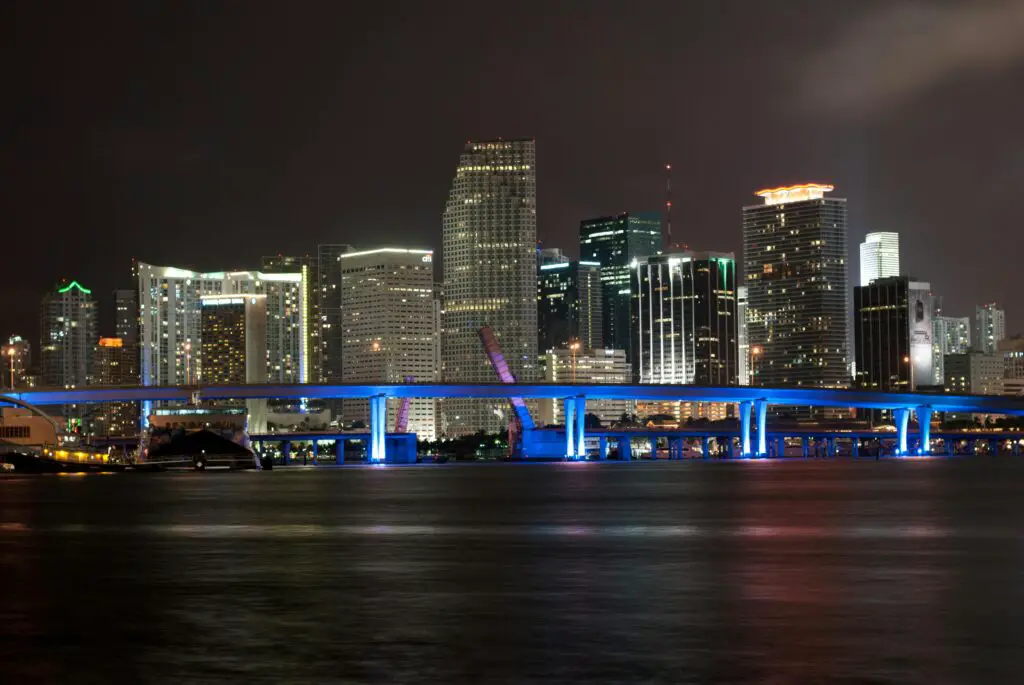1. San Francisco, California

San Francisco continues to face significant challenges in 2025, with high housing costs and a declining population driving its real estate market downward. Tech layoffs and remote work trends have led to reduced demand for both residential and commercial properties. The city’s affordability issues and increasing vacancy rates are exacerbating its struggles.
2. Austin, Texas

Once a booming market, Austin is experiencing a slowdown as a result of overdevelopment and rising property prices. A saturated housing market and decreased job growth have caused buyer interest to wane. Additionally, higher mortgage rates are cooling what was previously one of the hottest real estate hubs in the country.
3. Seattle, Washington

Seattle’s real estate market is declining due to tech industry layoffs and soaring living costs. The city has also seen an exodus of residents seeking more affordable housing options elsewhere. These trends are weakening demand, particularly in the high-end housing segment.
4. Denver, Colorado

Denver’s real estate market is losing momentum as affordability issues push buyers to look at less expensive cities. High interest rates and increased inventory have created a buyer’s market, causing home prices to stagnate or fall. The city’s slowing population growth is also contributing to its decline.
5. New York City, New York

While still a global hub, New York City’s real estate market is softening, particularly in the luxury sector. Remote work has reduced the demand for office spaces, and many residents are relocating to more affordable areas. High taxes and living costs are further driving people out of the city, weakening its market.
6. Phoenix, Arizona

After years of rapid growth, Phoenix is seeing a downturn as housing prices outpace local income levels. Rising temperatures and water scarcity concerns are also deterring potential buyers. This combination of factors is causing the market to cool significantly in 2025.
7. Las Vegas, Nevada

Las Vegas, which heavily relies on tourism and hospitality, is grappling with real estate challenges in 2025. Economic uncertainty and rising home prices have reduced buyer activity. The city’s market is also feeling the impact of increased interest rates and overbuilt housing developments.
8. Portland, Oregon

Portland’s real estate market is suffering from a combination of affordability issues and population decline. The city has faced significant outmigration due to rising costs and concerns about local governance. These factors are leading to lower demand and declining property values.
9. Los Angeles, California

Los Angeles continues to face a sluggish real estate market due to high housing prices and an ongoing housing affordability crisis. Many potential buyers are moving to more affordable parts of the country, reducing demand for homes. Increased homelessness and concerns about crime are further dampening the city’s appeal.
10. Chicago, Illinois

Chicago’s real estate market is struggling with stagnant population growth and concerns about public safety. High property taxes are driving homeowners to leave for neighboring states with lower costs. These challenges are making it difficult for the market to recover or attract new buyers.
11. Miami, Florida

Despite being a hotspot during the pandemic, Miami’s real estate market is cooling due to rising sea levels and increasing insurance costs. Many buyers are rethinking investments in the area due to climate-related risks. Additionally, high property values are pricing out many local residents.
12. Boston, Massachusetts

Boston’s real estate market is slowing as high prices and mortgage rates deter buyers. The city’s tight housing inventory, once an advantage, has become a barrier for new entrants. Additionally, the shift to remote work is reducing the demand for properties near the city’s job centers.
13. Atlanta, Georgia

Atlanta is facing challenges as rapid growth has led to overdevelopment and affordability concerns. Many buyers are turning to surrounding suburbs for more reasonably priced homes. Rising interest rates and construction costs are further cooling the market in 2025.
14. San Diego, California

San Diego’s real estate market is struggling as high home prices outpace income growth for many residents. The city’s desirability as a coastal destination is offset by affordability issues and rising property taxes. These factors are causing both buyers and investors to pull back in 2025.
